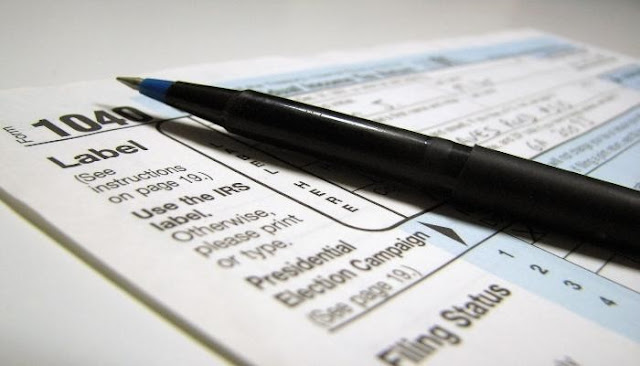Tax Resolution Help
If you are having a hard time figuring out how to resolve your back taxes, Golden Tax Relief is here to help remove that burden. Here are just a few quick topics of importance that we offer with our services.
If you cannot afford to pay your back taxes in full, the Offer in Compromise program offers taxpayers who owe the IRS more than they could ever afford to pay, the opportunity to pay a small amount as a full and final payment. Taxpayers who attempt to file for an OIC on their own often put themselves at risk of not qualifying for a settlement or they end up paying more than they have to. Once a wage garnishment is filed with an employer, the employer is required by law to collect a large percentage (usually 30-75% or more) of the taxpayer’s NET paycheck and return it to the IRS. As a final result for settling back taxes, it may be possible for you to file for bankruptcy if the IRS rejects your IRS Payment Plan or Offer in Compromise. There are very specific rules & regulations that must be followed when using this technique. To qualify for an IRS payment plan or Offer in Compromise tax settlement to resolve your back taxes, you need to file all delinquent tax returns with the IRS. Until you have filed all legally required tax returns, the IRS will not entertain any type of tax settlement or payment plan to settle your back taxes. The IRS is serious about collecting on the debts that they “say” you owe. We can stop the IRS from taking money out of your account, within 8 – 12 business days.
It is important to understand how the IRS has assessed back taxes and penalties against you. You have the right to see governmental documents, including your IRS files, to better understand your IRS problems. The IRS must disclose the information used to assess back taxes and interest against taxpayers. If you can’t pay your back taxes in full but could potentially pay them back over time, you can negotiate a reasonable monthly payment plan with the IRS. Once an IRS Payment Plan (also known as an Installment Agreement) is constituted, the IRS will not enforce collection action, including the levy of bank accounts or wages, as long as you remain current with all filing and payment obligations. If you owe back taxes on overdue payroll and employment taxes, it is important to resolve payroll tax debt problems swiftly to protect the future of your company since the IRS assigns a higher priority to collecting employment taxes than income taxes. There are basically three types of audit methods the IRS will use: Correspondence (by mail), Office (you go to the IRS Office), or Field (the IRS makes a surprise visit to you). We can help protect you in each of these methods….You have RIGHTS. Planning is the key to successfully and legally reducing your tax liability. We go beyond tax compliance and proactively recommend tax saving strategies to maximize your after-tax income.
There are well over 145 various types of penalties. If you are one of these taxpayers, there is hope! Taxpayers that are hit with IRS penalties can request that the penalties to be abated. Abated means to completely or partially remove or forgive the penalty. In many cases where a taxpayer requests abatement, the IRS removes 100% of the penalty. This is when the IRS places a Lien (or a hold) on real estate that you own. You cannot sell it without the net proceeds going to the IRS to satisfy your IRS debt. There are certain ways we can remove this lien (if you meet the very stringent criteria). You may Appeal a decision with the IRS if you do not agree with that decision.


Comments
Post a Comment